Defying Fragmentation and the Significance of Unity: A New Palestinian Uprising
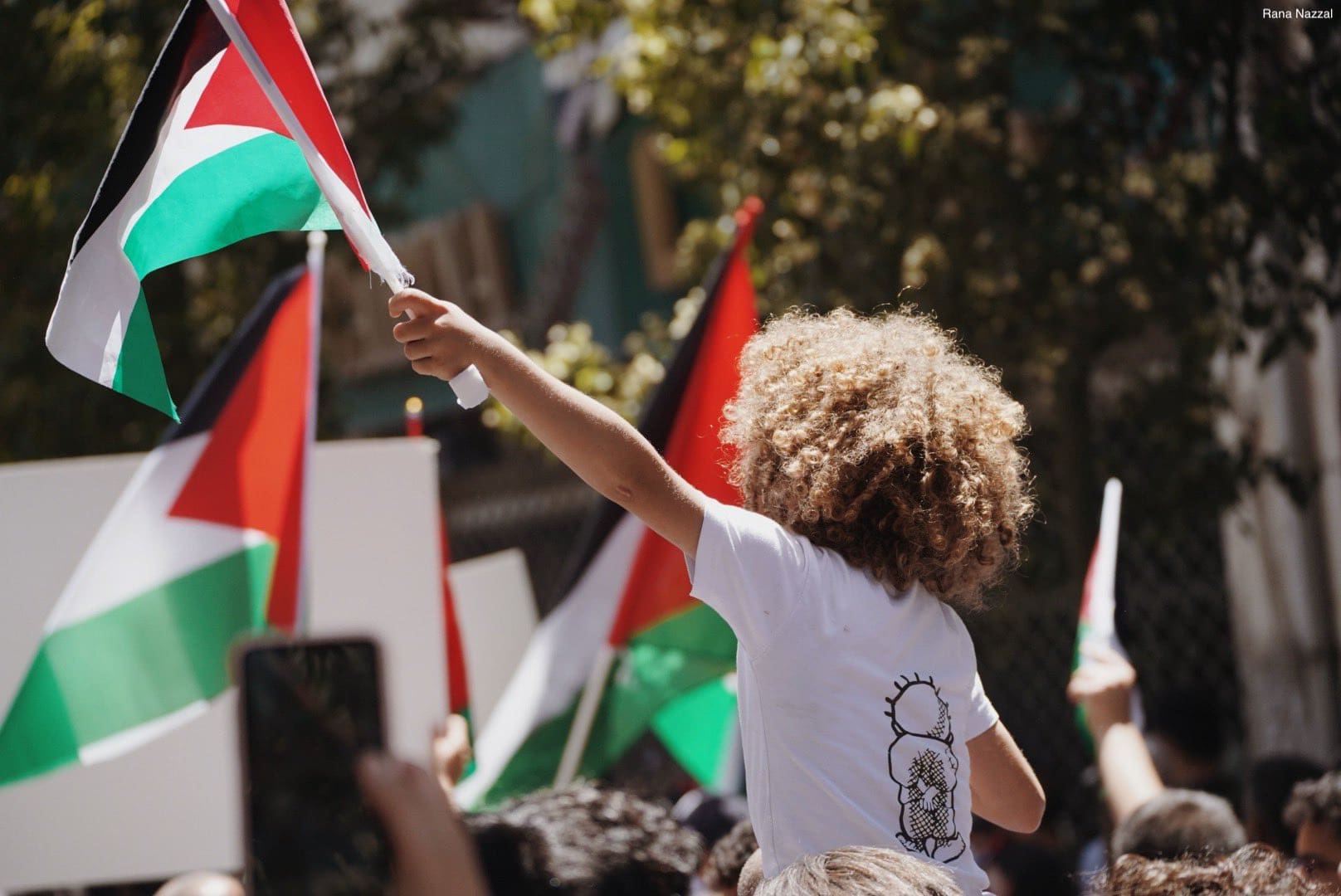
The latest Palestinian uprising against Israeli settler-colonial rule has been dubbed the “Unity Intifada.” It has brought Palestinians across colonized Palestine in unprecedented national unity around a shared struggle for liberation from ethnic cleansing, fragmentation, and settler colonization. Al-Shabaka’s Senior Analyst, 24588, examines the historical and contemporary implications of the Unity Intifada, and offers critical insight into how we must understand this unity.
Gaza Between Occupation, Division, and COVID-19: Confronting Total Collapse
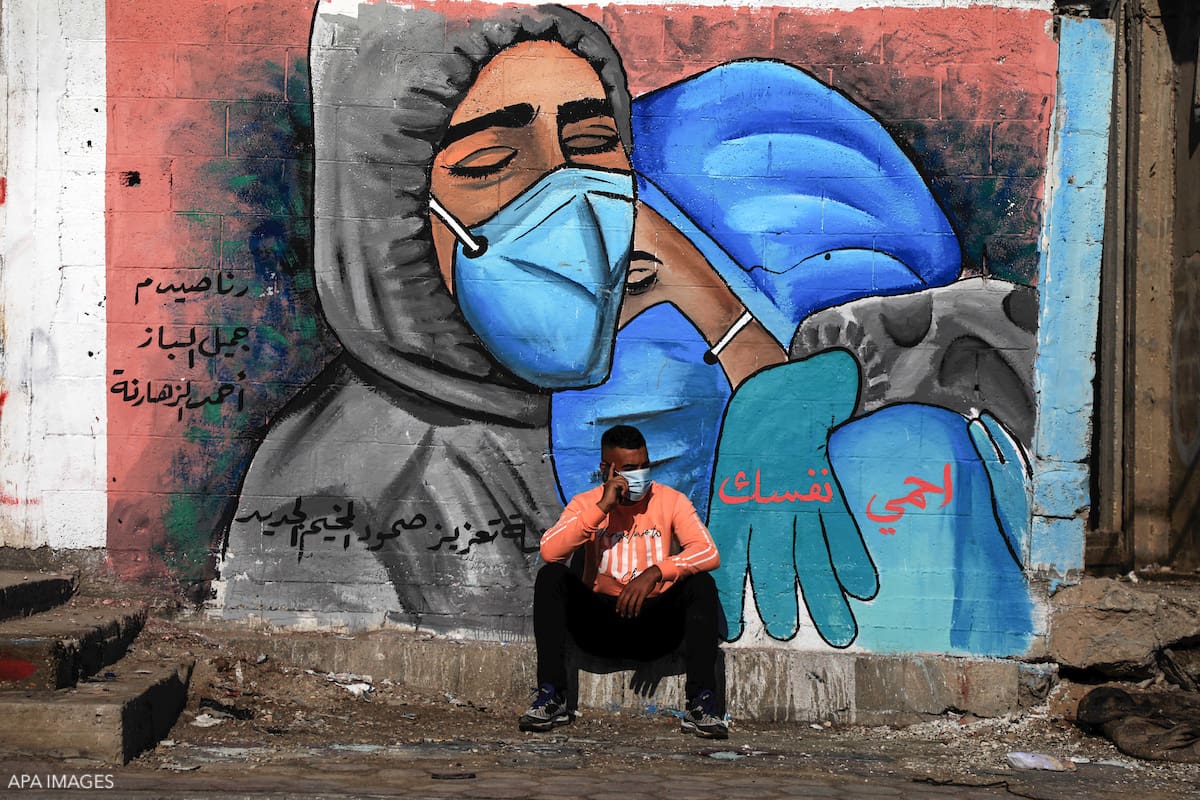
Gaza is in a state of total collapse. How has the COVID-19 pandemic exacerbated the challenges Palestinians in Gaza experience as a result of the ongoing Israeli occupation and political division in their leadership? Al-Shabaka member Ali Abdel-Wahab examines the impacts of these three factors on the lives of Gazans, and describes their strategies for confronting this reality.
Palestinians and their Leadership: Restoring the PLO
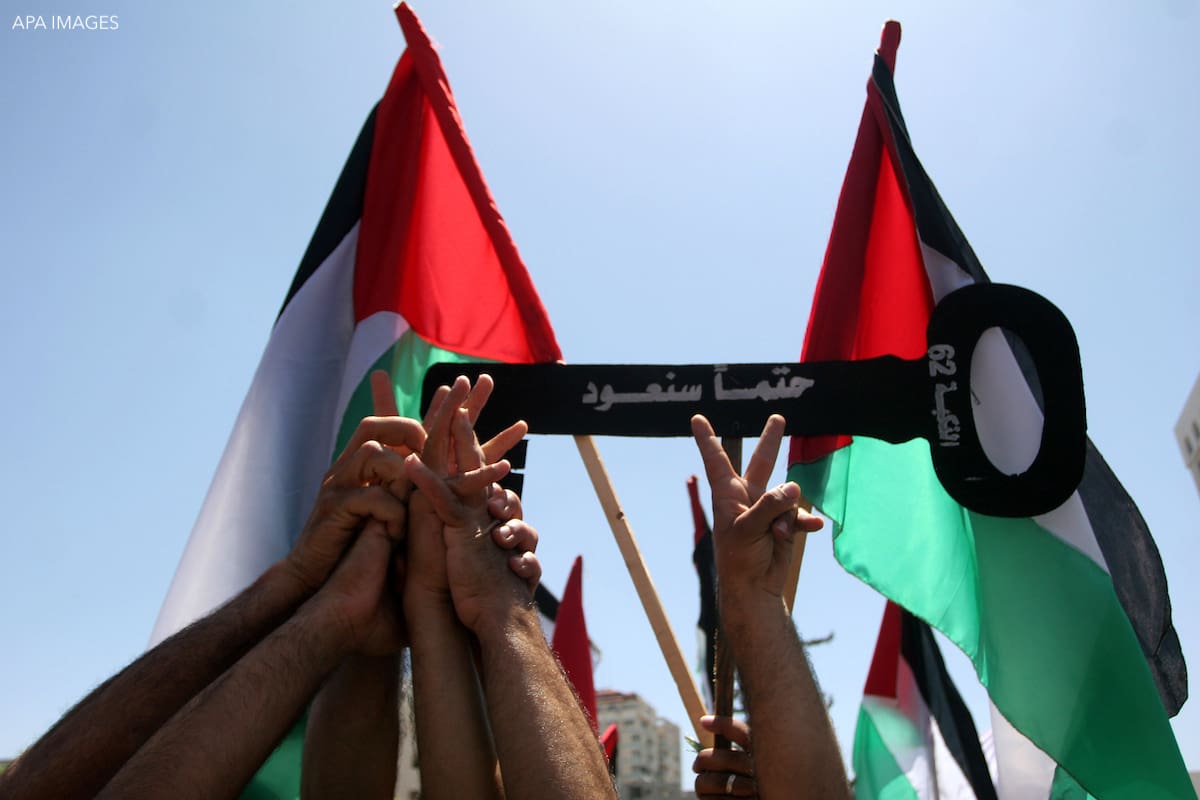
For Palestinians, the Palestinian leadership’s year-end decision to restore security coordination with Israel means a return to a status quo that did little to forward Palestinian liberation. Yet 2020 has demonstrated that radical and abrupt change to established orders is possible. Can Palestinians aspire to such changes in the new year? 24474 explores how Palestinians can reclaim and redefine their leadership in the PLO.
Palestine and COVID-19: Lessons for Leadership During Times of Crisis
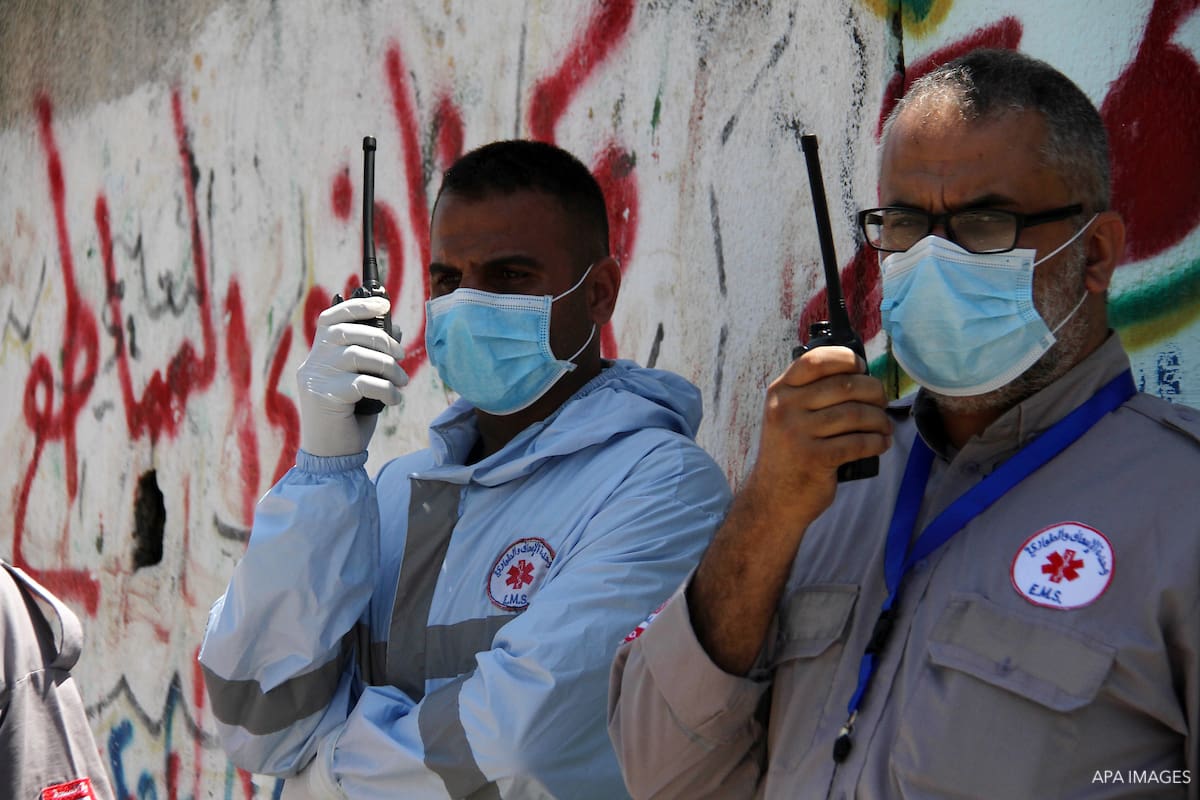
COVID-19 is stalking Hebron, the Gaza Strip and East Jerusalem despite all efforts to keep it at bay. What lessons can be drawn from the Palestinian leadership’s response of the past months at the national and community level? Al-Shabaka policy analysts Fadi Quran and Tahani Mustafa draw insights, lessons and conclusions based on a review of global and local actions.
Reflections on Palestinian Leaderships Past
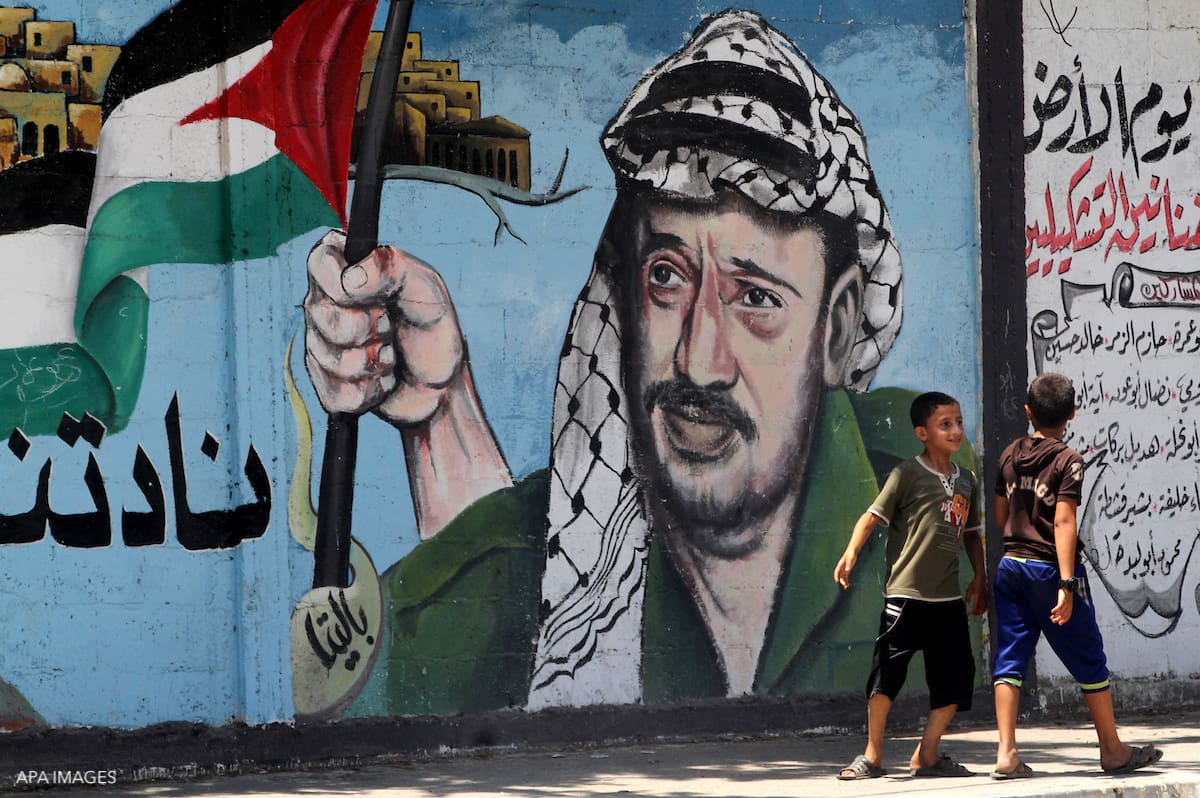
The PLO has been hollowed out by the creation of the PA, which itself is on the brink as Israeli annexation looms. What features of Palestinian leadership contributed to this near-terminal state? Al-Shabaka Policy Analyst Jamil Hilal’s sweeping review of the past 100 years identifies critical elements such as strategic thinking, unity, and access to information that went missing during key periods.
Understanding Netanyahu’s Political Survival
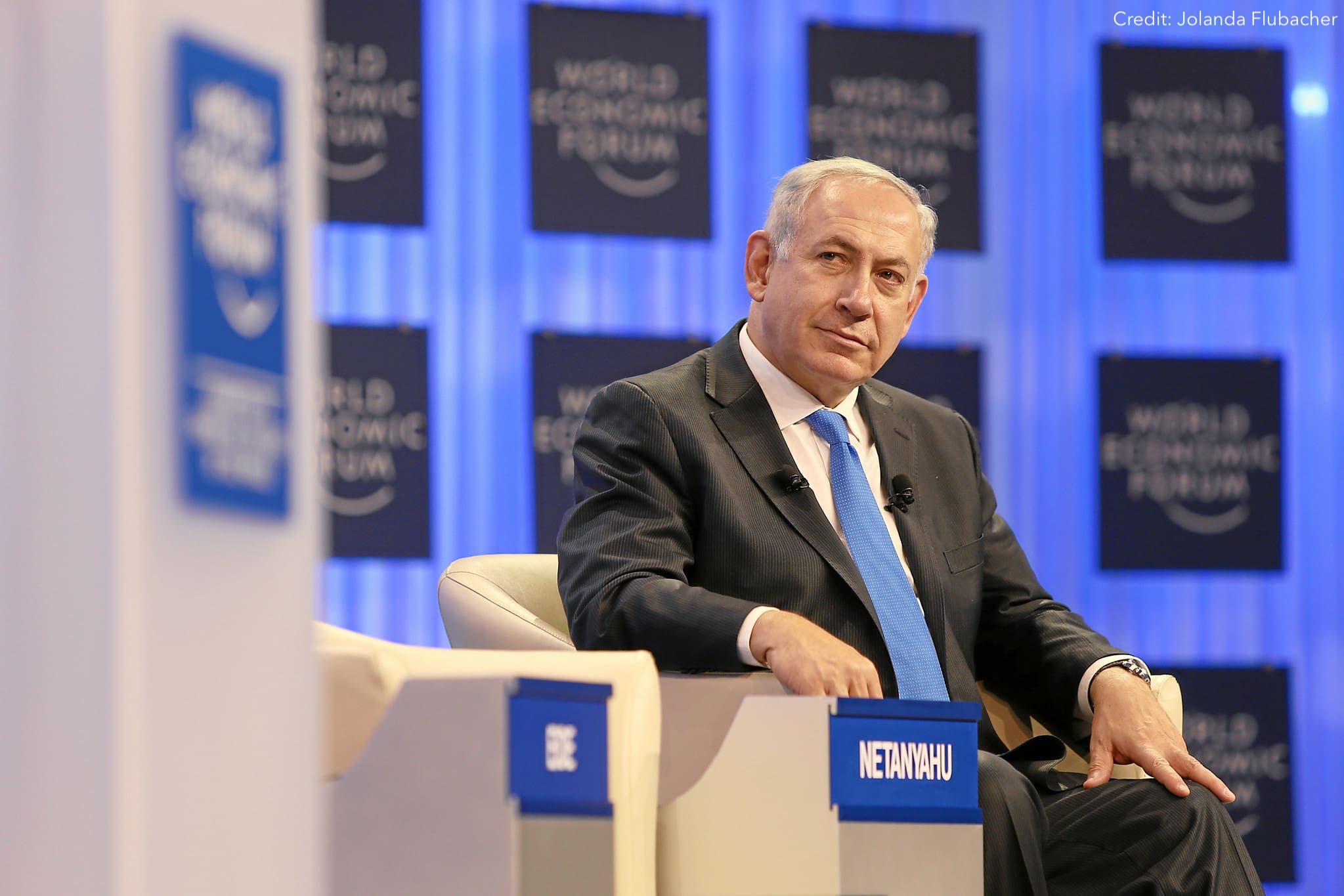
Despite recent challenges to his rule, Israeli Prime Minister Benjamin Netanyahu appears to have held on to power. What factors have made this possible? Al-Shabaka Policy Analyst Nijmeh Ali provides answers by mapping the Israeli right wing and its internal conflicts as well as Netanyahu’s political doctrine and practice.
Israel’s Losing Battle: Palestine Advocacy in the University
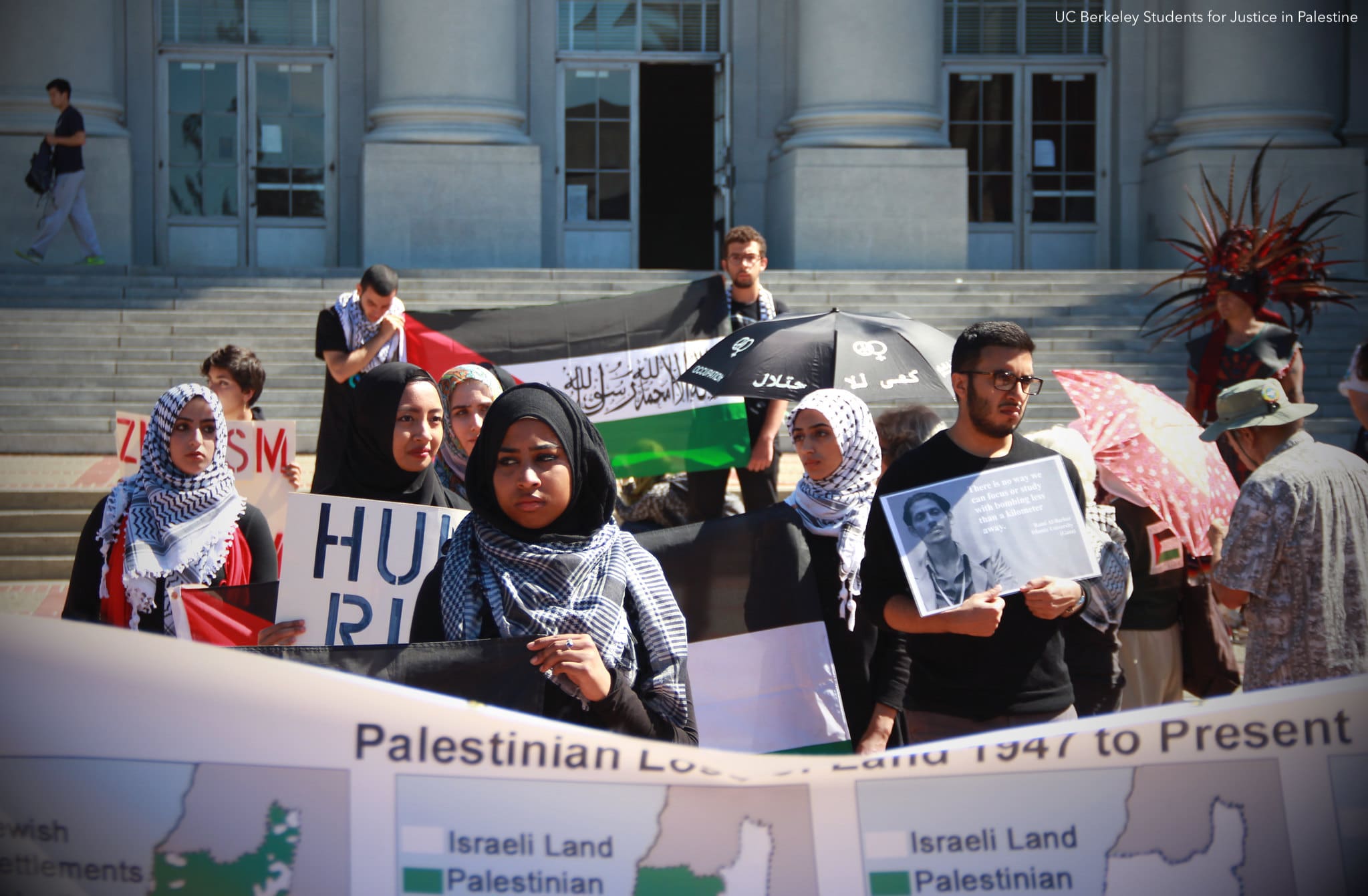
The majority of suppression of Palestine advocacy in the US targets university students and faculty. Al-Shabaka’s Hatem Bazian traces the historic rise of this advocacy, offering recommendations for how the university, despite attacks against it, can continue to provide and even amplify an environment that fosters critical thinking on Palestine, in turn furthering the struggle for Palestinian rights.
Radical Futures: When Palestinians Imagine
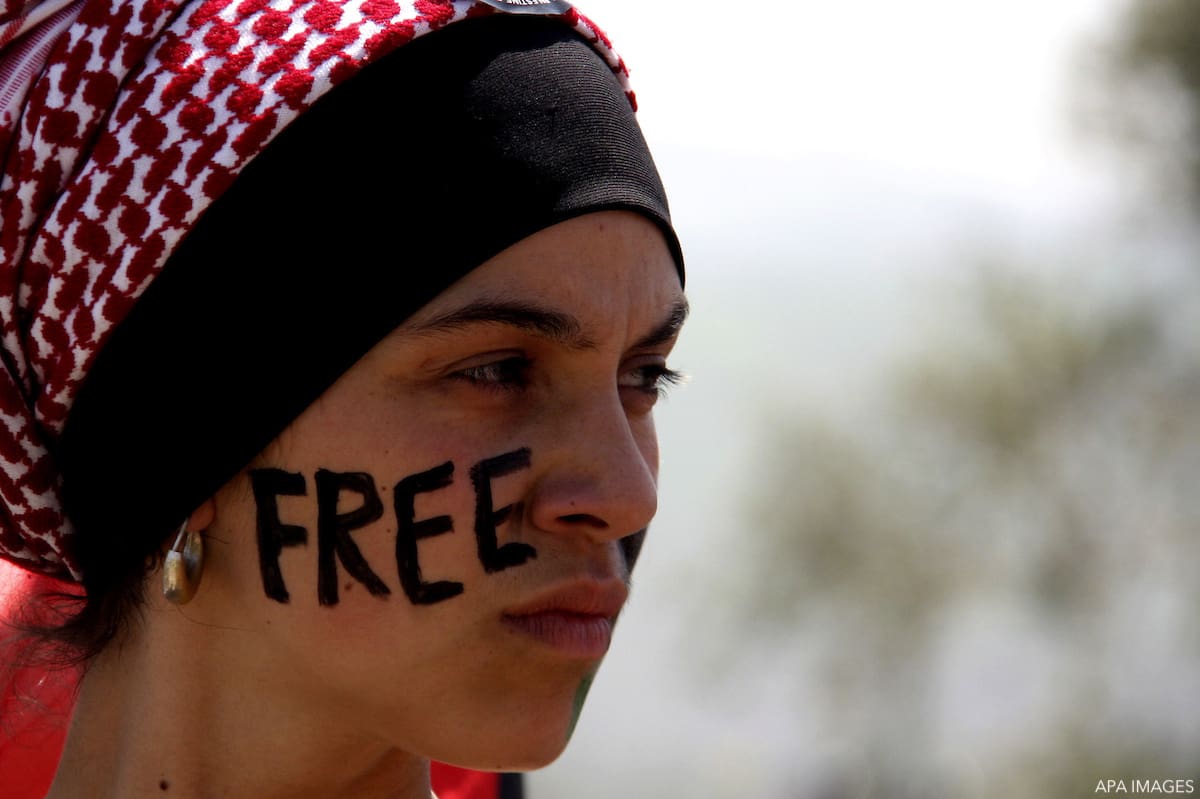
Settler colonial projects such as Israel seek to control perceptions of reality in order to bind Indigenous and colonized people in a seemingly perpetual state of being. Imagining a future beyond this state is thus a rebellious and radical act. Al-Shabaka’s 24588 explores the need for Palestinian imaginings of radical futures and highlights current examples of such work.
The US Democratic Candidates on Racial Justice and Palestine: Divergence or Convergence?
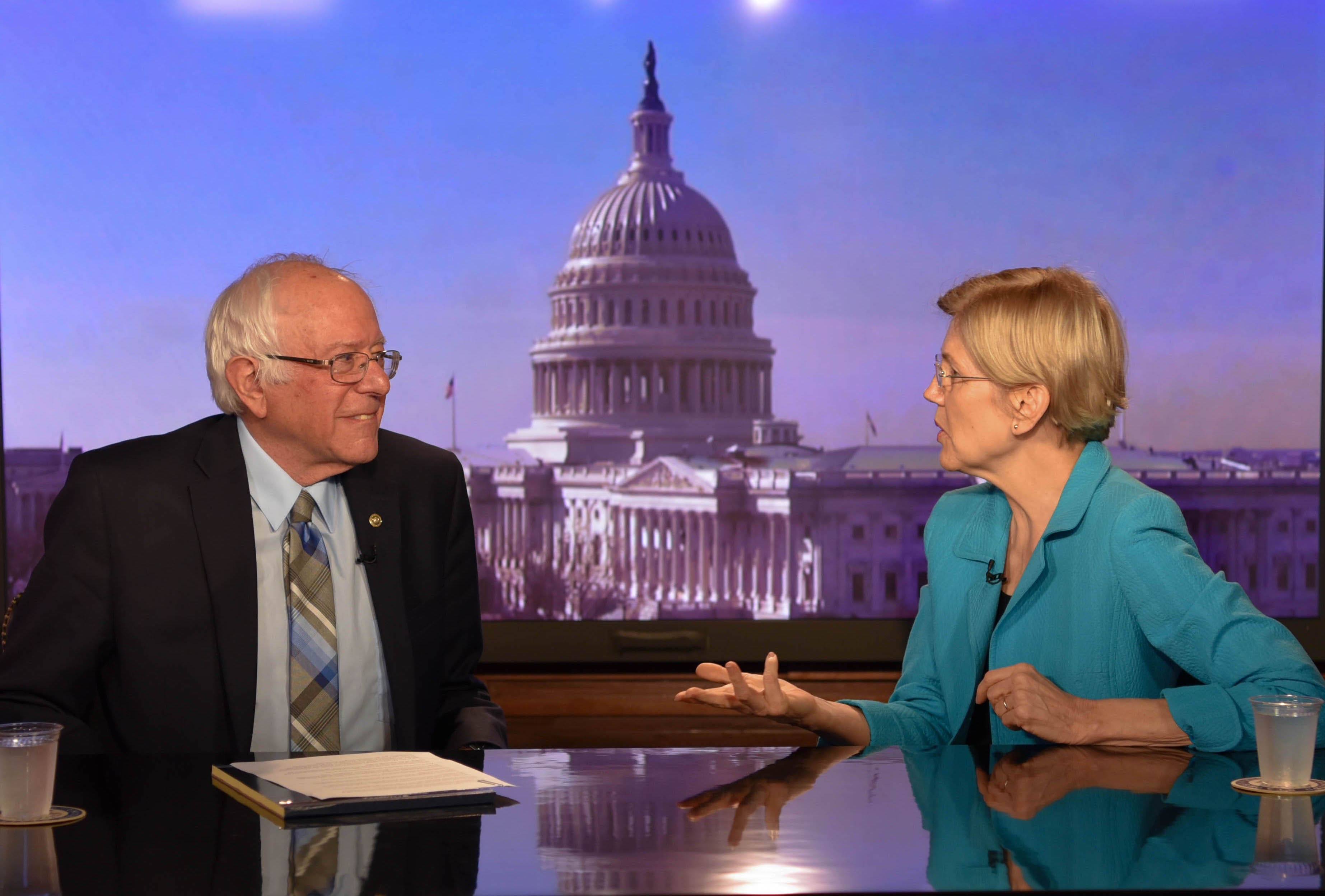
Al-Shabaka’s 24418 traces the top Democratic presidential candidates’ positions on Palestine and assesses them relative to their stances on racial justice in the US, arguing that while foreign policy has rarely differentiated US presidential candidates, in this election it is a key litmus test for a candidate’s sincerity vis-à-vis their commitment to civil and human rights.








